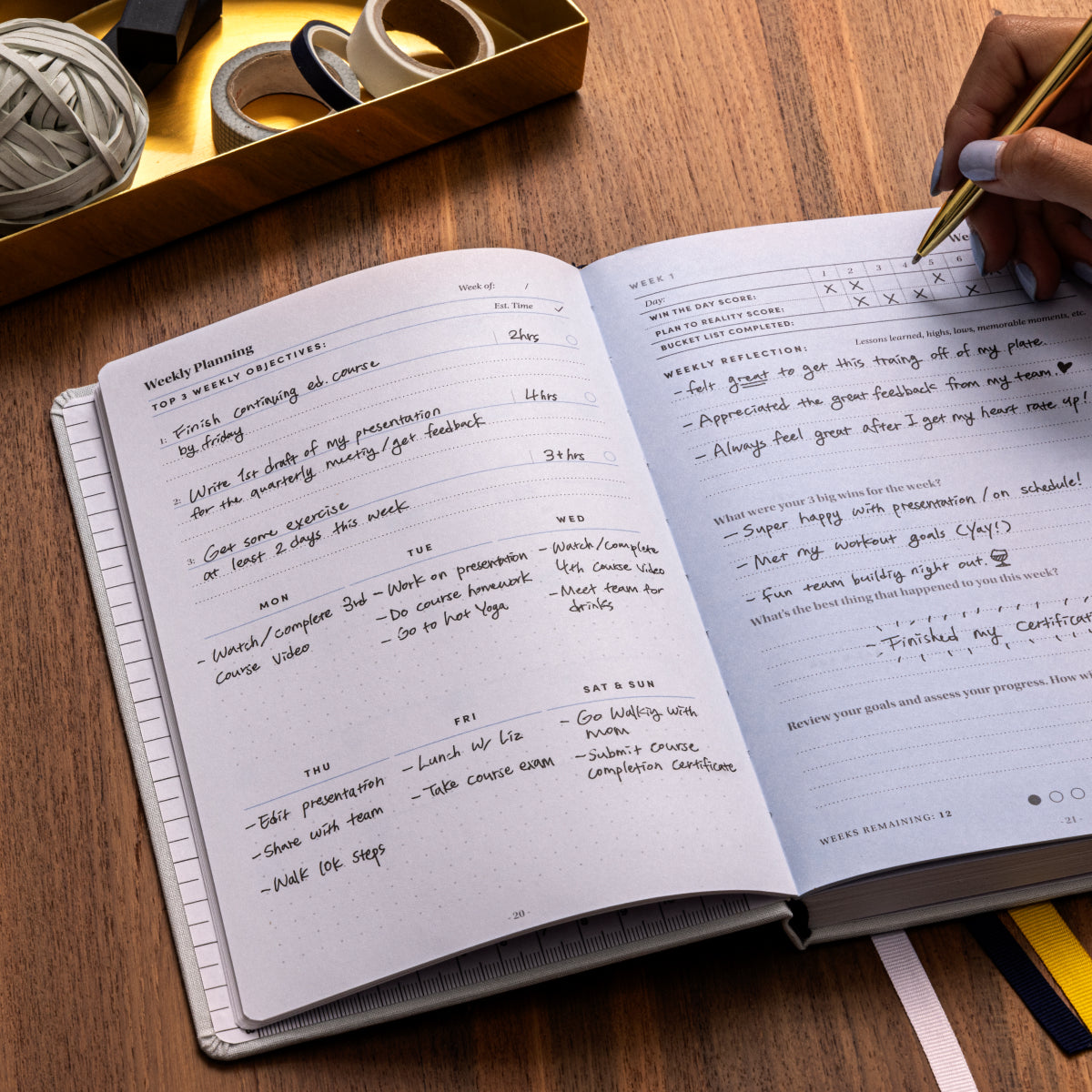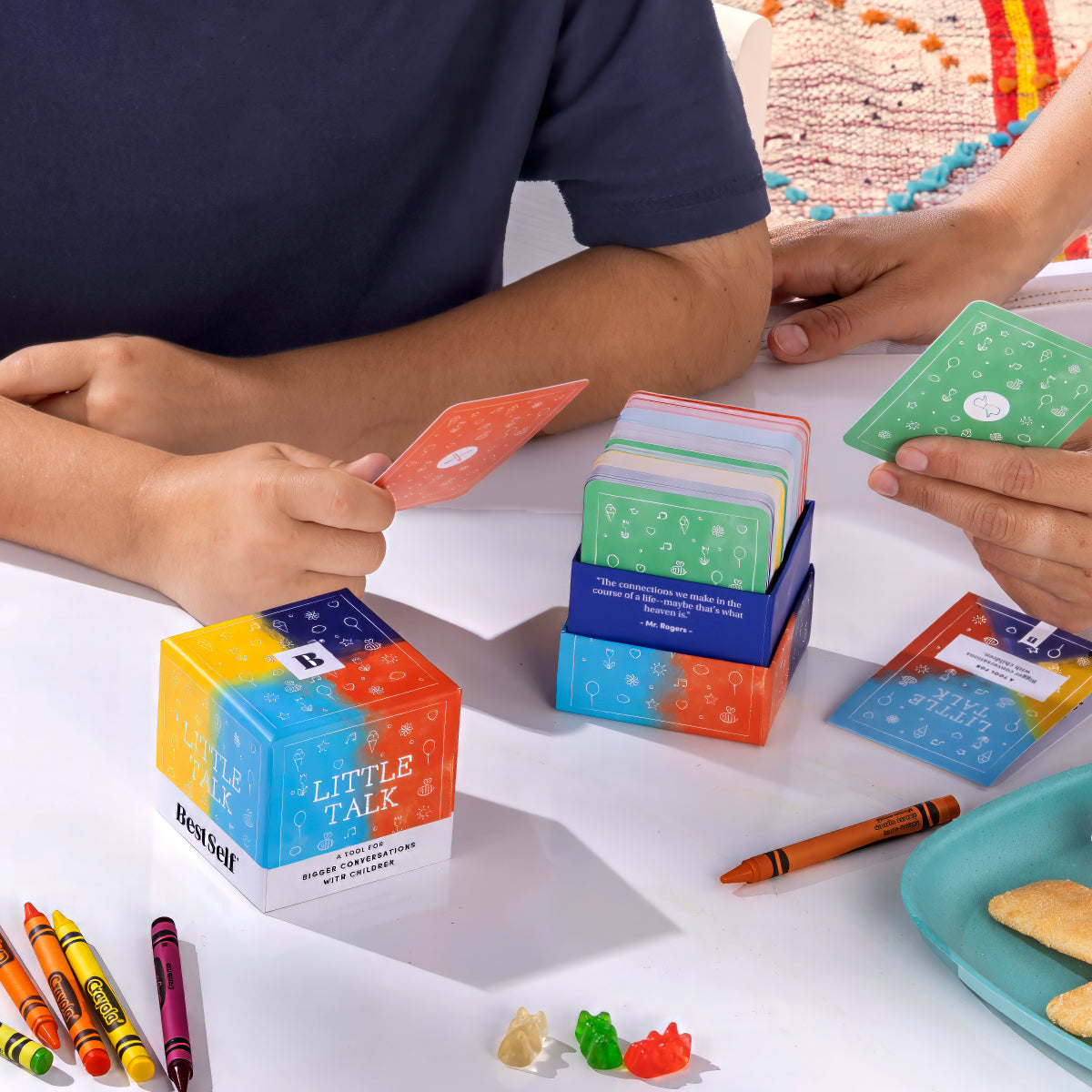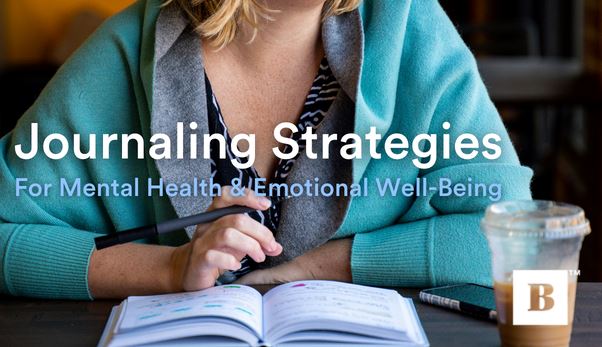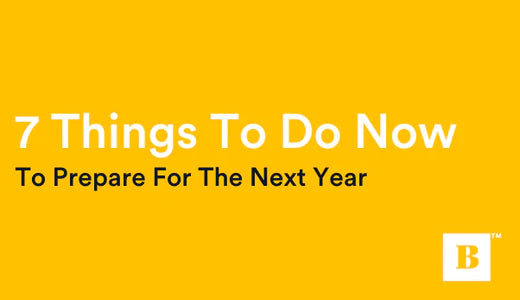By Georgina El Morshdy
How do you go about ‘knowing yourself’? This article reveals six steps to explore.
Aristotle famously said “Knowing yourself is the beginning of all wisdom.” But how do you go about the art of knowing who you are?
I believe self-discovery is a way to connect you to the truth of who you are. When we cultivate the courage to look within and get introspective, we can begin to know ourselves at deeper and deeper levels.
Here are six principles that can help you navigate your inner world.
1. Curiosity.
Curiosity is a mindset that can help you go inside with an open mind. In this way, curiosity drives self-discovery, which enhances self-awareness.
The secret to curiosity is believing there’s more to you than meets the eye. It’s about wondering what’s under the easily accessible surface. It’s cultivating a willingness to look beyond the obvious so you can see what lies in the crevices and cracks of your being.
Bring a childlike curiosity to your inner work and see what magic you uncover.
2. Be prepared to be wrong!
Open-mindedness and flexibility are essential to inner work and knowing yourself.
In reality, very few of us are fixed. Instead, we’re continually evolving, growing, and changing because of the impact of everyday experiences and encounters.
Chances are that what you believe about yourself today may change tomorrow as you gather new evidence and reference points. For example, you may think you’re scared of heights until the day you do your parachute jump. You may believe you can’t write until one of your poems goes viral on social media.
Allow your identity to be fluid. Be prepared to challenge yourself about the things you believe to be true about yourself. Be open to shifting your perspective in light of new insights and understandings.
In this way, you allow your life to continually shape and expose you. As a result, you may find that you’re more than you ever believed possible.
3. Be quiet.
We live in a noisy world that’s rich with a plethora of external distractions. As a result, it can be tricky to discern the authentic YOU from the outer chaos and clutter.
Is your authentic voice the loudest, or is it the influence of the media, your parents, your partner, a celebrity, or an influencer (for example).
Quiet is an amplifier of your inner voice and more profound wisdom.
When you sit in silence and free yourself from distractions, notifications, and interruptions, you create expansive space for the voice within to speak up.
Pay attention to that voice. Hear what it has to say. Chances are, it will guide you to know yourself deeper.
4. Ask questions.
Our higher-thinking brain is incredible. We can make the most of this gift when we use questions to guide our minds down specific trains of thought.
Questions hijack your brain, meaning you can’t think of anything else. With a great question to guide and inspire you, inner wisdom can bubble up.
If you’re ready to dive into a bank of thought-provoking questions, you’ll love these 10 questions to guide self-discovery download.
5. Ask others.
Self-discovery is a largely introspective game that invites us to be reflective. It guides us to elevate our noticing skills and put ourselves under the microscope.
However, there’s only so much of ourselves that we can see.
We all have blindspots - the parts of ourselves that we hide, suppress, or refuse to see because they create discomfort, shame, embarrassment, guilt, or fear of rejection. Blindspots can also be positive in the case of skills we overlook or undermine or character traits that we’ve yet to own and acknowledge fully.
In addition, there are parts of us that may only be visible when we’re in the company of others.
Asking others for feedback is a valuable way to start seeing hidden aspects of you.
6. Journal.
In Bram Stoker’s Dracula, Mina Murray says the following about journaling…
"Journaling is like whispering to one's self and listening at the same time."
This quote captures the potency of journaling as a tool for introspection, reflection, and knowing thyself. When you journal, you can have a conversation with yourself. As your thoughts become visible on the blank page, you can read them back. You can see how your stream of consciousness moves.
With journaling, you can hold space for yourself. Space to ponder questions and reflect on events and experiences. You can empty your head and clear out clutter, freeing up more capacity for problem-solving.
For more tips, techniques, and journaling insights, subscribe to the Writing Your Best Self podcast.
Tools for knowing yourself
The art of knowing yourself can be the work of a lifetime, but it’s worth it!
You are the common theme in your life. You are always there! Knowing yourself is key to living your best life. How can you make decisions that align with your purpose if you don’t know yourself? How can you know what goals will light you up? How can you say YES and NO with confidence?
The journey to knowing you can start anytime you choose.
If you’re looking for tools to help, check out the Core Values Deck and the Core Values 13-week journal.








Leave a comment
This site is protected by reCAPTCHA and the Google Privacy Policy and Terms of Service apply.